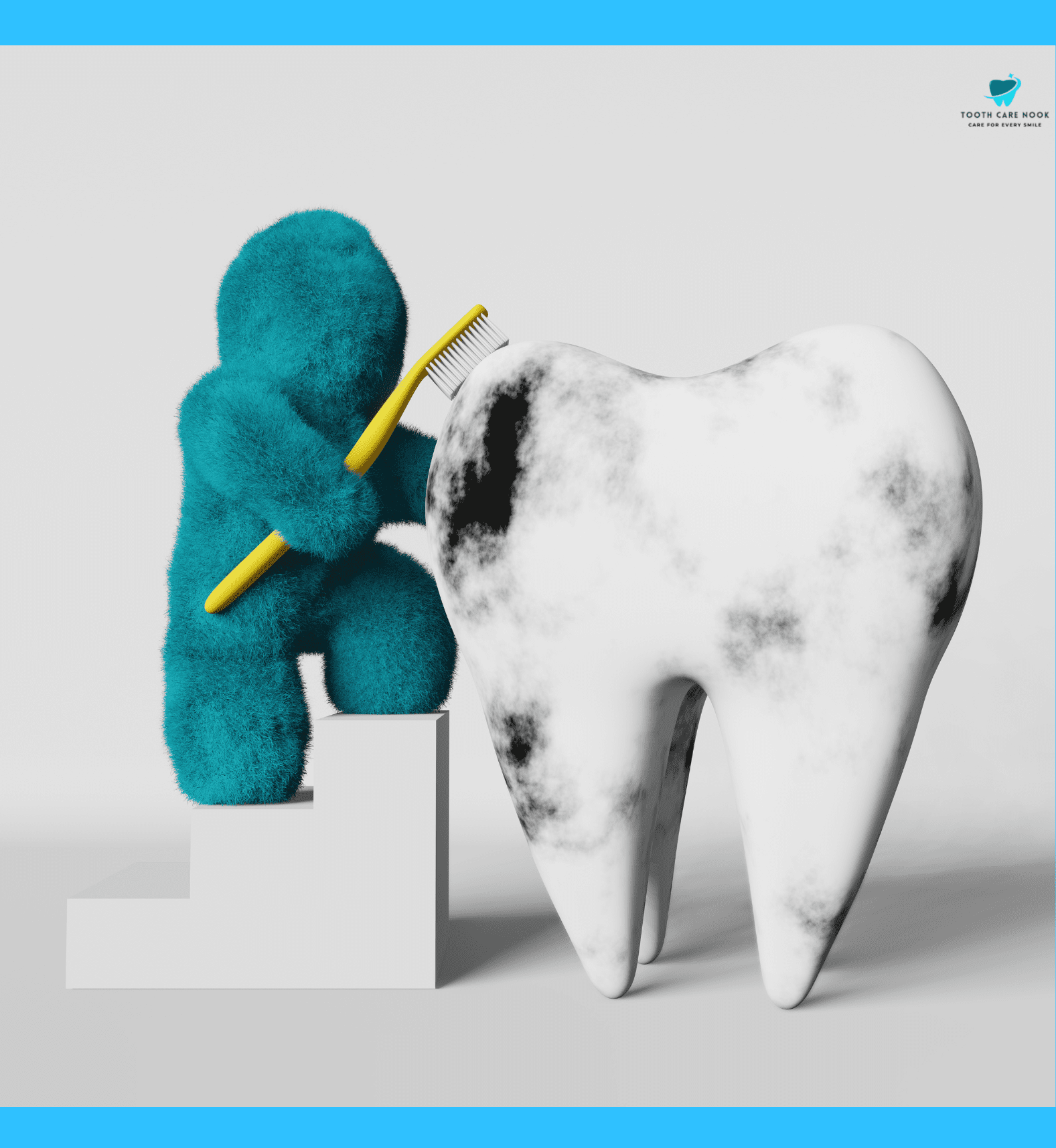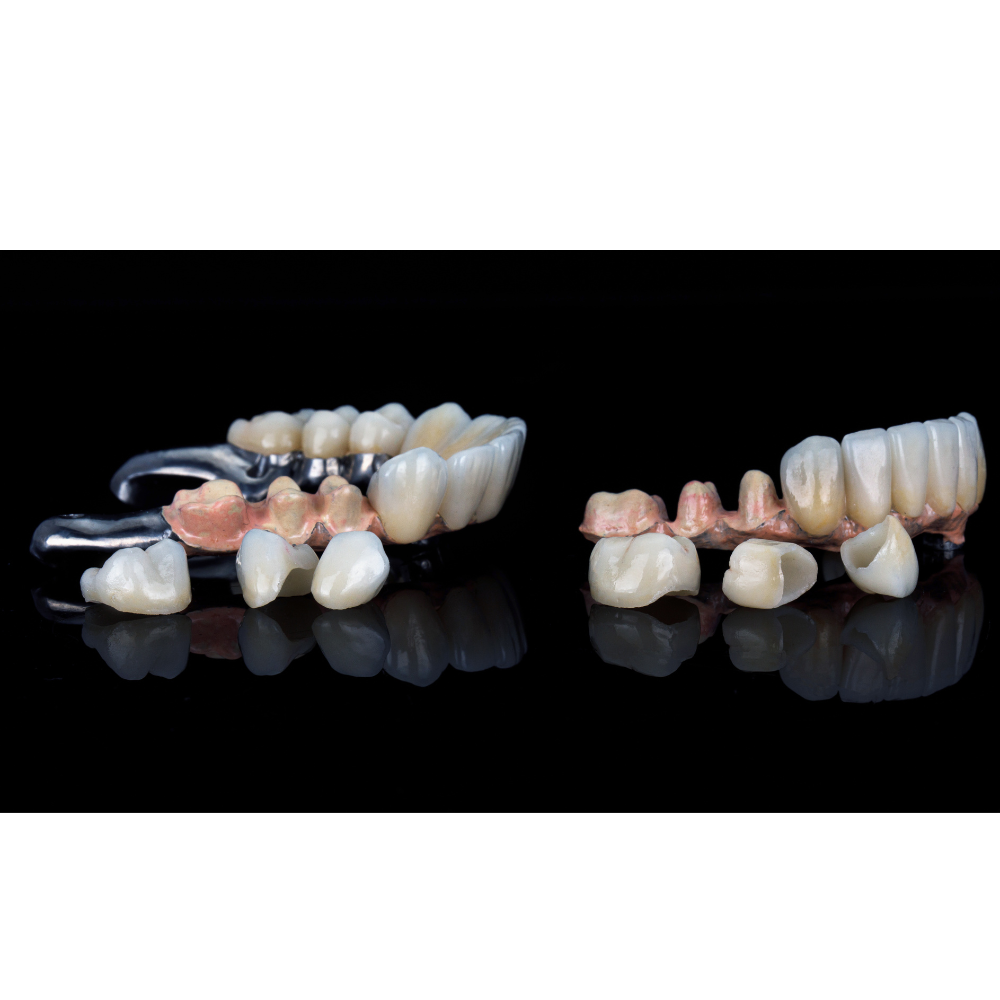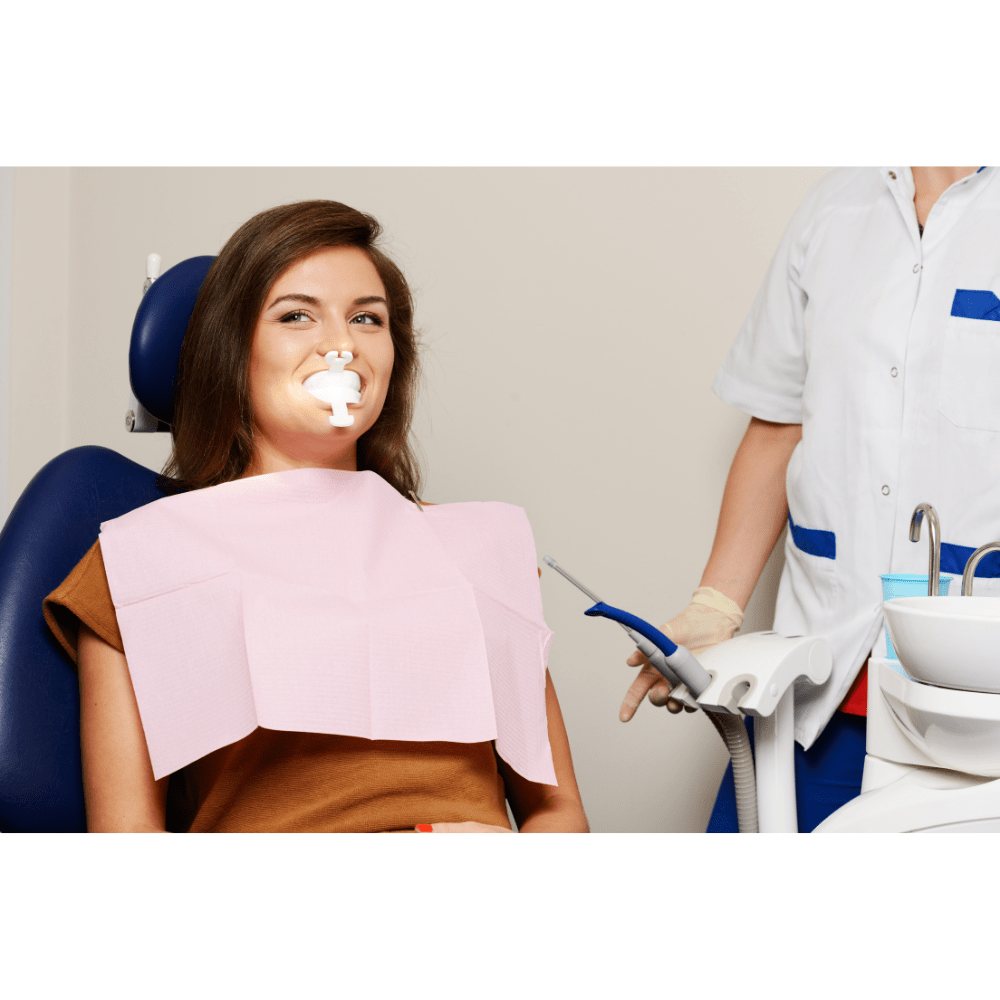Why Do You Get a Rough Feeling on Teeth? | Symptoms, Causes, and Treatment
Experiencing a rough feeling in teeth can be both concerning and uncomfortable. This sensation is a sign that something isn’t quite right with your oral health. It might feel like there’s a gritty or uneven surface on your teeth when you run your tongue over them.
Many people notice this sensation and may not realize that it’s an early indicator of potential problems. By addressing it on time, you can maintain better oral hygiene and prevent more serious dental issues down the line. Here you’ll learn about the symptoms, causes, and treatment options for rough tooth surfaces that can help you manage and resolve this common dental concern.
Why Do You Get A Rough Feeling On Teeth?
A rough feeling on your teeth indicates underlying dental issues that need attention. This sensation might result from enamel erosion which occurs when the protective outer layer of your teeth wears away. This exposes the sensitive dentin beneath. It can also be due to the buildup of plaque or tartar which can create an uneven texture on the tooth surface.
Symptoms Of Rough Teeth
- The rough feeling can indicate a loss of protective enamel.
- Rough teeth may change color and shape which becomes more uneven and dull in appearance.
- They can often be more sensitive to hot, cold, sweet, or acidic foods and drinks.
- Rough patches on teeth can appear as areas that are more discolored compared to the rest of the tooth.
- Irregular surfaces can trap food particles more easily which can lead to increased plaque formation and potential for decay.
- They can make it harder to effectively clean your teeth with regular brushing and flossing.
Causes Of Teeth Feeling Gritty
Here are the main causes of teeth feeling gritty:
Plaque Buildup:
If you don’t remove plaque through regular brushing and flossing, it can harden into tartar. This creates a gritty feeling in the teeth.
Enamel Erosion:
Acidic foods and drinks as well as acid reflux can erode the enamel on your teeth. This erosion exposes the dentin underneath which has a rougher texture compared to the smooth enamel.
Tooth Decay:
Cavities caused by tooth decay can create rough spots on the teeth and your teeth feel gritty. It can lead to significant changes in the texture of the affected teeth as the decay progresses.
Dental Restorations:
Sometimes dental fillings or crowns can wear down or become rough over time. This can cause teeth to feel a gritty sensation as you run your tongue over the affected teeth.
Bruxism:
Grinding your teeth, especially at night can wear down the enamel and create a rough tooth surface. It can also lead to small fractures or rough edges on the teeth.

Treatment Options
The following are treatment options for rough feeling on teeth:
Professional Cleaning:
A dental hygienist can remove plaque and tartar buildup through professional cleaning. This restores a smoother texture to the teeth’s surface.
Enamel Microabrasion:
This procedure involves removing a thin layer of enamel using a fine abrasive material that smooths out rough spots and discoloration on the teeth.
Dental Bonding:
Dental bonding involves applying a tooth-colored resin to the surface of the tooth and shaping it to improve its texture and appearance.
Porcelain Veneers:
Veneers are thin shells of porcelain custom-made to fit over the front surface of the teeth. This conceals roughness and discoloration and provides a smooth, natural-looking finish.

FAQs
Why Does The Back Of Teeth Feel Gritty?
The back of teeth feels gritty and it can be due to plaque buildup which can accumulate in hard-to-reach areas. It leads to a rough feeling on teeth or a gritty sensation. Good oral care can help remove plaque and prevent this gritty feeling.
Can Anxiety Feel In My Teeth?
Yes, some people experience sensations in their teeth due to anxiety or stress. This can include feelings of tension, pressure, or discomfort in the jaw or teeth. Bruxism is also commonly associated with anxiety and can lead to tooth sensitivity, pain, and even damage over time.
Why Do My Teeth Feel Like Sandpaper?
If your teeth feel like sandpaper, it could be due to enamel erosion from acidic foods or drinks, or recent dental procedures. These factors can create a rough tooth surface which leads to the sandpaper sensation.
Can I Fix Rough Tooth Enamel At Home?
Yes, you can improve rough tooth enamel at home. This involves maintaining good oral hygiene, limiting acidic foods, avoiding teeth grinding, and using desensitizing toothpaste.
Why Do I Have A Weird Feeling In My Teeth?
A weird feeling in your teeth may maybe due to underlying dental problems such as cavities, cracked teeth, or gum disease. It’s very important not to ignore these sensations, as they could worsen over time and lead to more significant issues.
What Are The Rough Patches On Teeth?
Rough patches on teeth indicate enamel erosion, tooth decay, or mineral loss. These patches feel uneven when touched.



